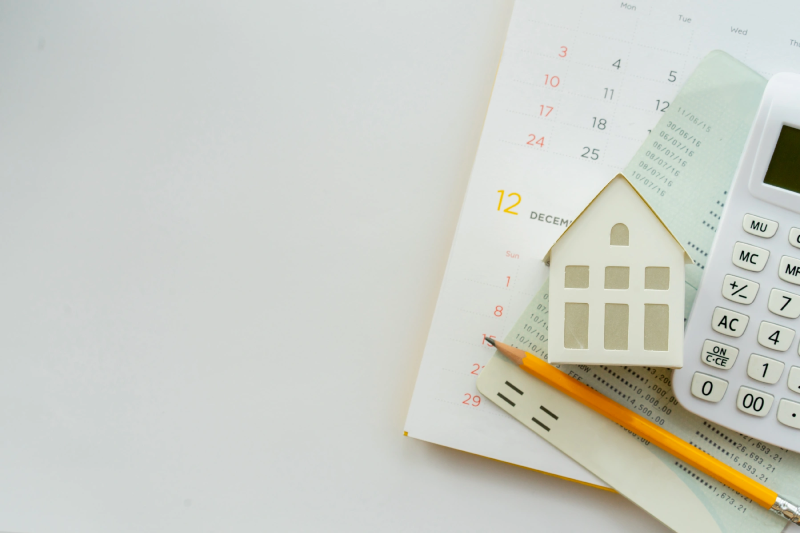Allowing you to replace an existing mortgage with a new one that pays off the first ones debt, refinancing allows you to choose a new mortgage with better terms. You may be able to get a refinancing deal from the original lender, or you could choose to go with a completely new one, and get a loan of up to 80{bc15fb563bc9e6ea4b4b9214a7065db39a2e1404a7b336cb8ec1271fee783eb0} of your home’s original value.
While refinancing a mortgage might be a great idea for some, for others, it may pose too much of a risk. To help you decide whether it’s the right choice for you, here is a little more insight into the process:
Why might a homeowner refinance their mortgage?
There are a number of reasons why someone may choose to refinance their mortgage, and here are some of the most common:
- To access home equity
Refinancing allows you to access as much of 80{bc15fb563bc9e6ea4b4b9214a7065db39a2e1404a7b336cb8ec1271fee783eb0} of the property’s value as a lump sum.
- To consolidate debt
By refinancing your mortgage, you can gain access to equity on your home, which can then be used to consolidate any debts you might have.
- To get a lower mortgage interest rate
You might be able to save a lot of money in the long term, by negotiating a better deal with your existing, or new, mortgage lender.
- To change mortgage terms
When you refinance, you get the chance to switch between a fixed or variable rate, with no fee attached.
What are the risks of refinancing a mortgage?
While refinancing a mortgage does come with the benefits listed above, it can be risky and there may be cost implications:
- Refinancing comes at a cost
There’s no such thing as free refinancing, and when you break your old mortgage to refinance, there are typically penalties involved, which can vary in cost.
- By consolidating debts, you risk incurring more debt
When most people refinance their mortgage to help pay off credit card debt or a car loan, it involves transferring unsecured debt into a mortgage plan, which is backed with your home as collateral. Should you default on any of your new mortgage payments, you run the risk of losing that collateral: your home.
- Your mortgage plan will last longer
The average mortgage plan in Canada runs for 30 years, and when you refinance, you merge your old mortgage into your new, 30 year plan. If you refinance for a new 30-year plan when you’ve not got many years left on your old mortgage, you may end up paying higher interest rates overall.
What are the advantages of refinancing a mortgage?
While refinancing a mortgage can be risky, if you need to access your home’s equity or consolidate a debt, for example, it can prove to be a savvy step. The key to successful refinancing, however, is to calculate your options carefully to ensure that you get the best deal available to you.
Seeking help from a mortgage broker can help you understand your refinancing options more clearly, and they may even have great new deals that you wouldn’t have found had you searched independently.





